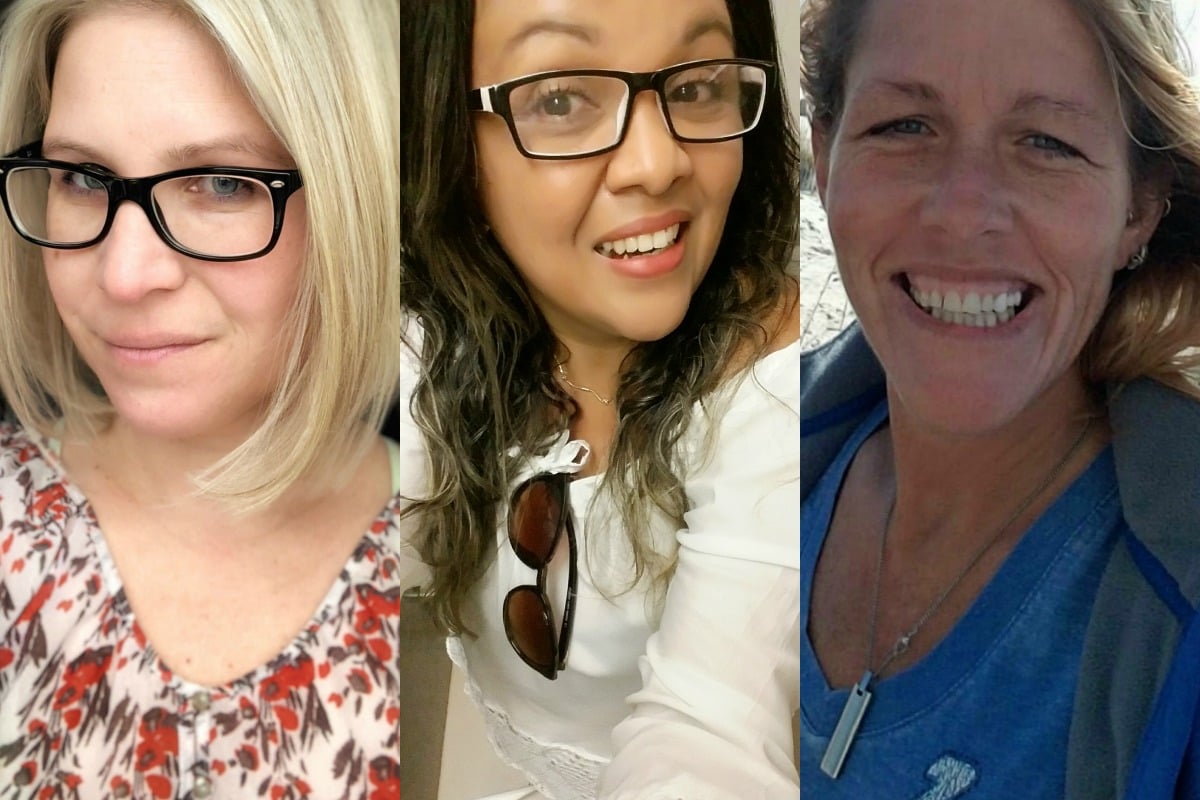
A baby crying in hunger while a midwife searches for a formula-feeding consent form.
Access to formula being guarded like it’s some kind of illicit drug.
Being told that formula is “terrible” for babies and “an easy way out”.
These stories came from new mums struggling to feed their babies in those first few heady days in hospital.
The early moments of motherhood can be an intensely confusing and stressful time, despite all the pictures of beautiful newborns snuggling in stripy blankets you can see in your social feeds. If you struggle with breastfeeding, as many women do, that stress can be multiplied. Which is why these women’s stories – just a few from those who say that they were “shamed” for requesting formula for their babies while they were in hospital – are important, and troubling.
WATCH: How to get a newborn baby to sleep. Post continues below.
Although 96 per cent of Australian mothers start out breastfeeding, only 39 per cent of them are still exclusively breastfeeding their babies by the time they’re three months old. For a lot of women, the struggles with breastfeeding begin early on.


Top Comments
A midwife at the hospital was very nice but she refused to give me a nipple shield to try to invert my nipple (after my 1st, the home midwife used a nipple shield to reverse my inverted nipple) so when I was in hospital I asked the midwife for
One so I could breastfeed on the other side (I had no issues with feeding except he could only latch the the nipple that wasnt inverted). She refused, said she couldn’t give it etc. it was ridiculous so sent hubby to the shop to get one.
I had the complete opposite experience to everyone here. I had an elective cesarian for a 10 pound baby (although if he was 6 pound, my choice would be the same and it was made well before conception) and I formula fed by choice after the colostrum. I was a nanny for 14 years and knew exactly what I wanted and what was important for us and never had a midwife say a single thing; they were all extremely supportive (or just plain silent on the issue) and two said their 5 week and 3 month battles respectively with breast-feeding were their greatest regrets!
Personally, I think babies need to be fed, no matter how, and my heart breaks when I see an under-fed breast-fed baby. I often wonder what this does to brain development in the early weeks, when a baby is mal-nourished?